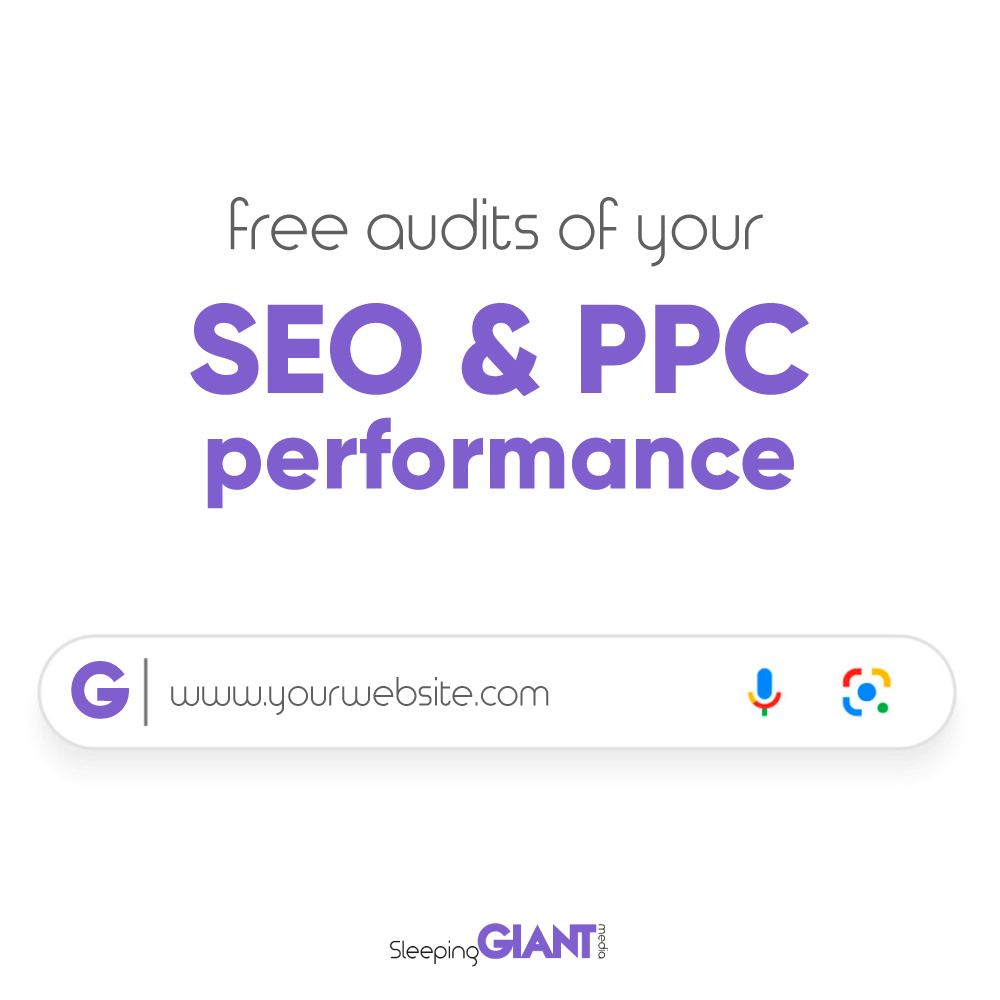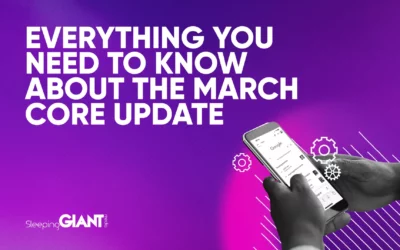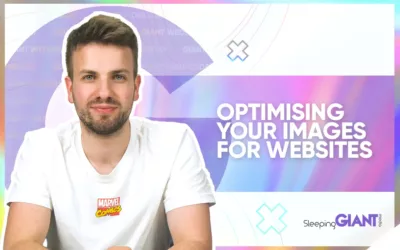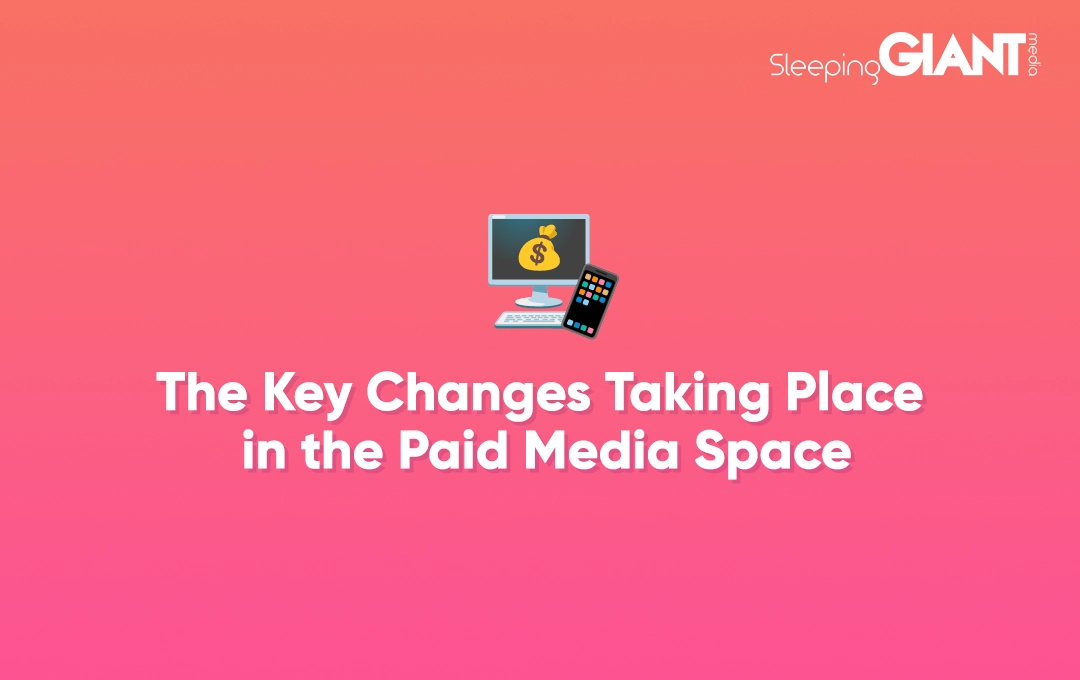
The Key Changes Taking Place in the Paid Media Space
But, don’t worry. We’re here to break down the key changes, how they work and what the impacts are for businesses.
If you’re keen to learn more about the changes, keep reading.
Automatically Created Assets
Google has recently released a new feature for responsive search ads called automatically created assets.
But, what are automatically created assets and how do they work? Let’s dive in.
What are automatically created assets?
Automatically created assets are an opt-in, campaign level feature on Google Ads. When a user enables the setting, Google will generate additional assets (headlines and descriptions) to be used in conjunction with the assets the user has inputted for their responsive search ads.
The additional assets are based on the unique content existing in your ads, so the existing ads, landing pages and keywords that you use will all be taken into consideration when Google generates the additional assets.
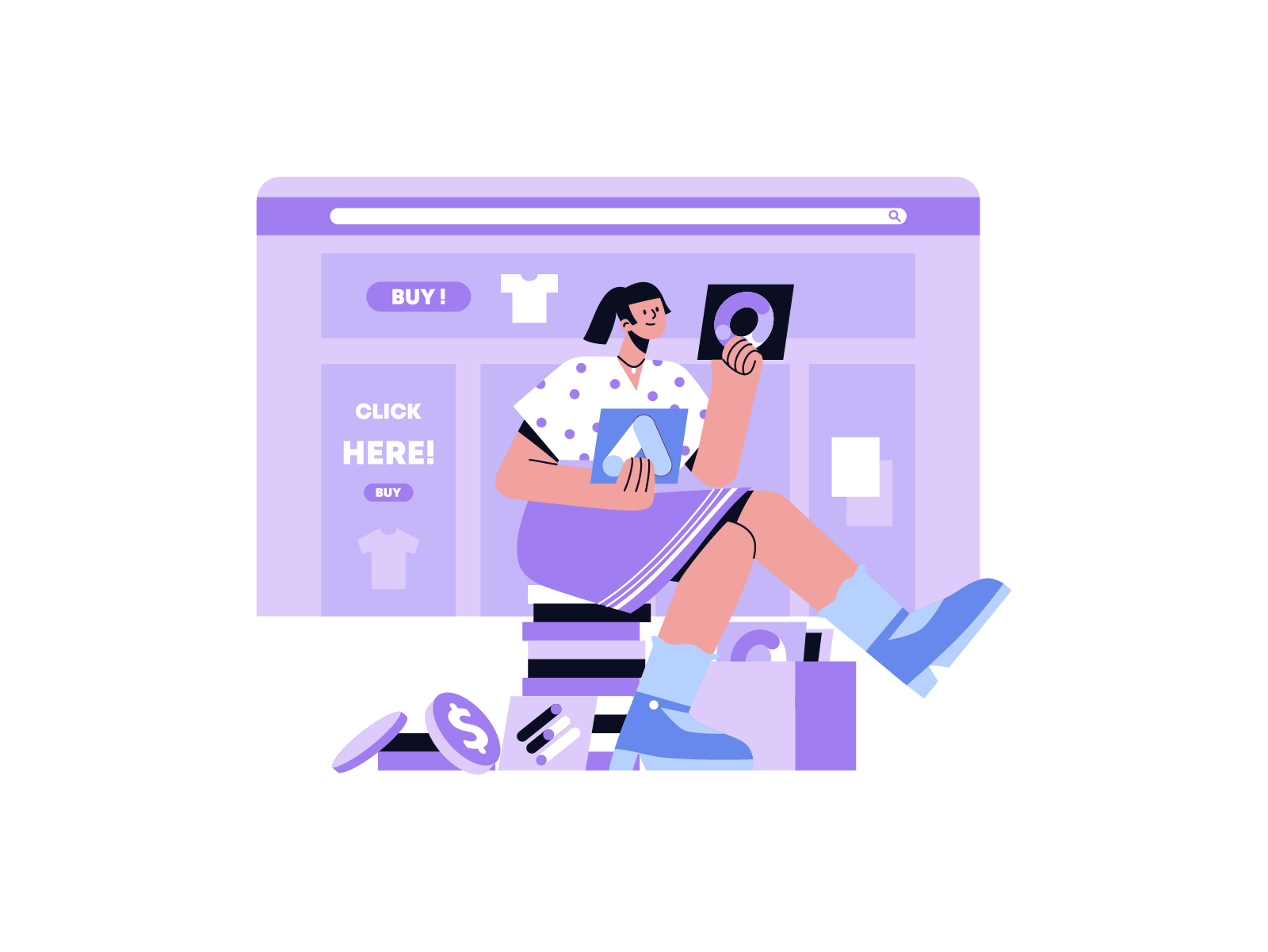
How can SEO experts support automatically created assets?
It’s important to make sure that the content within your existing ads and landing pages is tight so Google can then generate assets for your campaign that align with your business.
Getting your SEO experts involved can help with this. They can ensure that your landing pages include relevant keywords and descriptive content. Ultimately, there should be no disparity between what your landing page is presenting and what your ads are presenting.
False affiliation with public figures and brands
Do you have an affiliation with or receive endorsements from a public figure or brand? Well, this update may apply to you.
The latest policy from Google Ads says they will suspend and completely ban accounts that are found “enticing users to part with money or information by impersonating or falsely implying affiliation with or endorsement by a public figure, brand, or organisation”.
There are currently no guidelines on how this will impact businesses that do have an affiliation with brands or public figures, but you may find that ads mentioning affiliations or endorsements are flagged automatically and you will have to provide evidence to prove your relationship.
Providing evidence for paid adverts is not a new concept. The likes of Meta require proof of qualification or certification for discussing topics such as the environment. This ensures the advertiser is who they say they are and not spreading misinformation.
As for Google Ads, this is all speculation as the policy only came into effect in March 2024. But, this is what we theorise about the process being going forward.
The Google and Pinterest ad partnership
Pinterest isn’t new to an ad partnership. They have already collaborated with Amazon to bring more brands and relevant products to its platform. Now, they’ve partnered with Google to bring ads from the search engine to the Pinterest platform, allowing users and brands to expand their reach and increase their visibility.
These sorts of partnerships are not out of the ordinary. Microsoft and Netflix began working together in 2022 on an advertising and sales partnership, and many more collaborations are appearing across the board.
Will you need to opt-in to Pinterest when creating your ad on Google?
In theory, you should be able to select Pinterest when you create your ad on Google.
Essentially, businesses and users integrate their ads on Pinterest via their Google Ads Manager account, removing the step of logging into the platform and setting up the advert themselves.
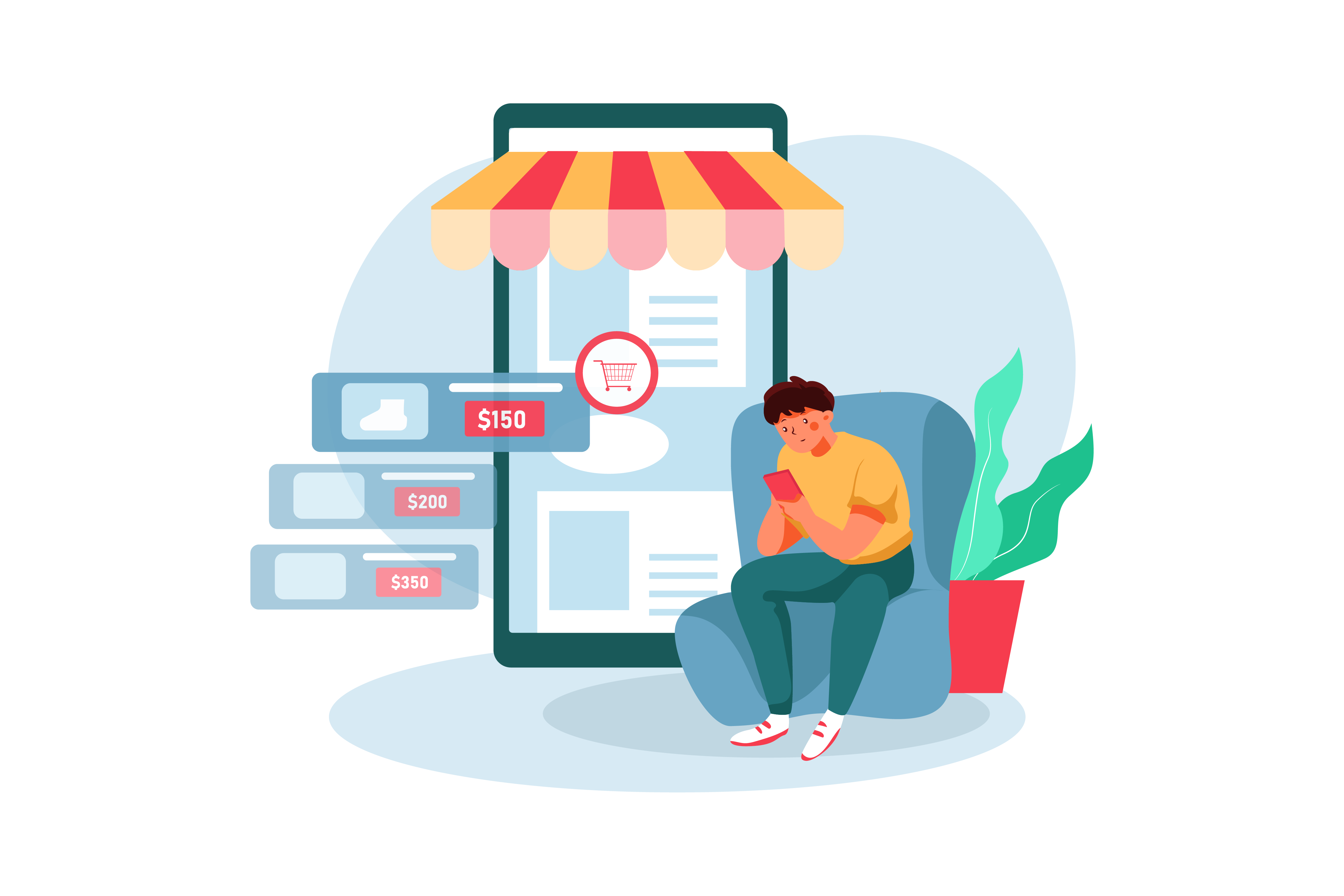
Why should businesses consider advertising on Pinterest?
For brands and businesses that have never advertised on Pinterest before, it can be daunting to experiment with a new platform. However, we recommend testing the waters and figuring out what works best for your business.
The platform works well for e-commerce brands and has the potential to lead to a stronger return on investment (ROI).
There are a lot of benefits to using Pinterest for advertising. The platform is useful for spotting emerging trends in your industry and finding out what content is popular based on searches. The platform also has powerful targeting features that businesses can benefit from.
Need support with your paid strategy?
The last couple of months has seen a lot of updates within the Paid media space. As a business, it can be hard to navigate all of the changes and determine what your next steps are.
That’s where our Paid team can help. Get in touch with our friendly team today to learn more about our PPC and social media advertising services and how we can support your business with your Paid strategy.
Don’t forget to keep up-to-date with the latest digital marketing news by visiting our blog.
Blog
Everything you Need to Know About the March Core Update
We knew it wouldn’t be long before Google released their first core update of...
Giant Wednesday
How To Optimise Images For Websites
Digital Marketing, technology & business insights, how-to's and explainer...


